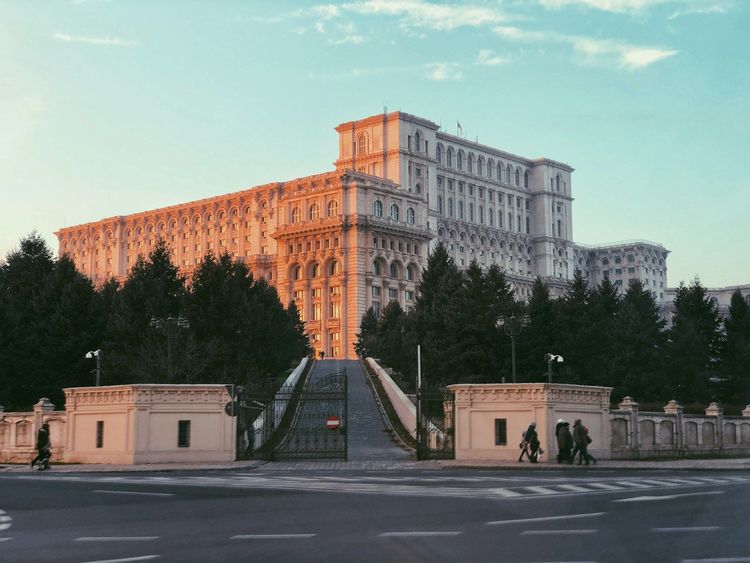Utilities play an important role in quality of life, especially when choosing a new place to live. In Europe, where the diversity of countries and regions results in significant differences in the cost and quality of utilities, understanding these differences becomes critical. Utilities include electricity, water, gas, heating, garbage collection and internet. The cost and reliability of these services can vary significantly from country to country, city to city, and even neighborhood to neighborhood.
In this article, we will look at key aspects of utilities in different European countries. We will analyze where utility prices are most favorable, where they are provided with the highest level of reliability, and what additional factors you should consider when choosing where to live. You will learn about the average level of utility costs in popular European countries such as Germany, France, Spain, Italy and Sweden. We will also provide practical tips on how to optimize costs and improve energy efficiency in your home.
Our overview will help you make informed choices based on your needs and preferences, whether you're looking for savings, comfort, or environmental sustainability. Understanding the nuances of utilities in different parts of Europe will help you find the perfect place to live and ensure a high level of comfort in your new home.
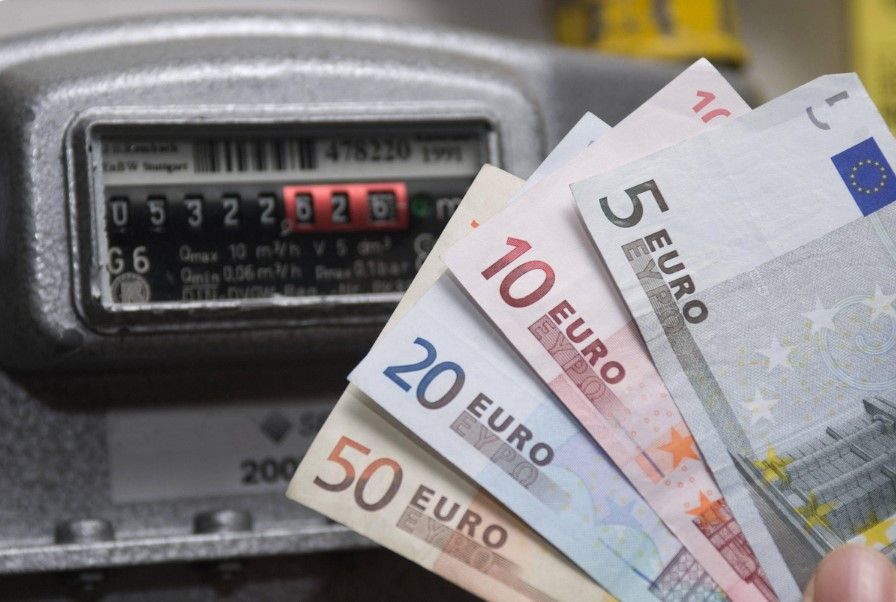
How the housing and utilities sector works
Housing and utilities (HUA) in Europe includes a range of services that are essential for comfortable living. These services include water, electricity, gas, heating, garbage collection and internet. These services are provided by both public and private companies, depending on the country and region.
Every year in Europe there is a planned increase in the cost of utilities, which averages between 1% and 3%. This is due to inflation, higher energy prices and the need to modernize infrastructure. Utility companies are obliged to maintain the quality of services at a high level, which requires regular investments. Therefore, European residents should be prepared for a gradual increase in utility costs.
Is it possible not to pay
Failure to pay for utilities is not allowed in Europe and carries serious consequences. In case of late payment, penalties may be imposed, as well as late fees. If arrears are not paid, utility companies have the right to disconnect services such as electricity or gas.
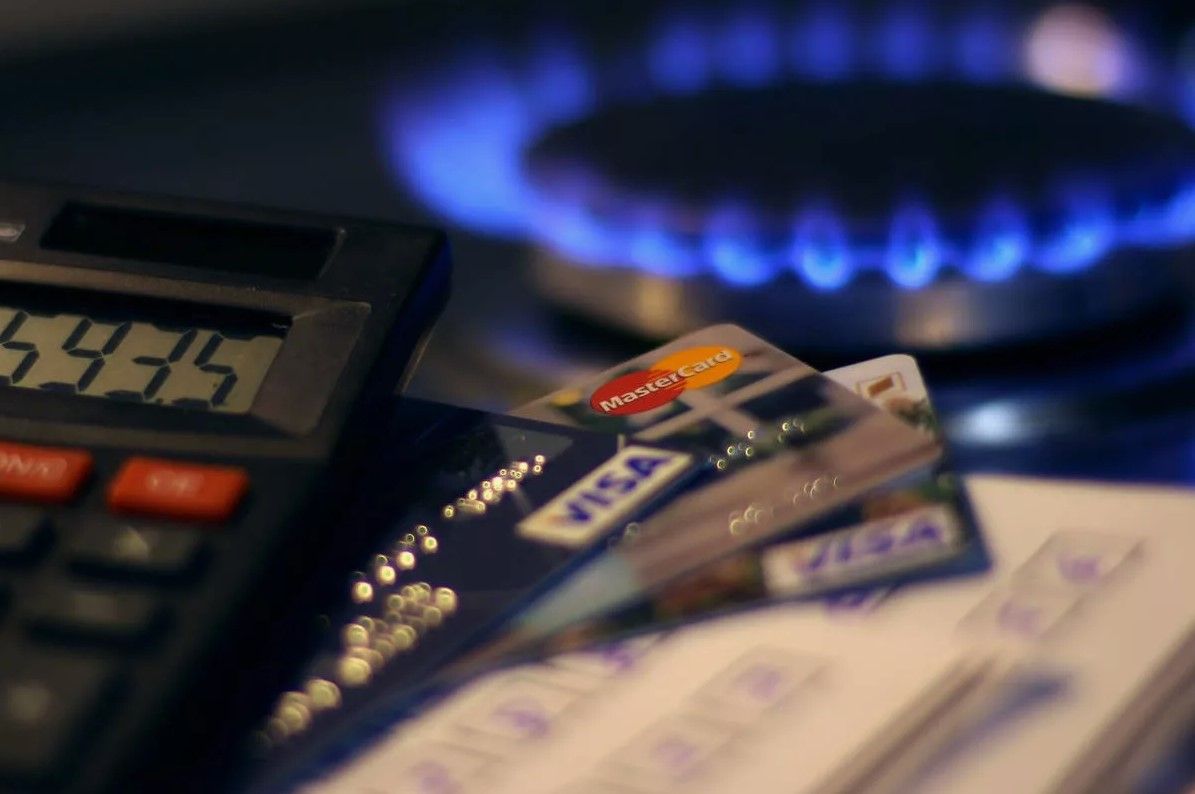
In addition, debt obligations may be transferred to debt collectors, resulting in additional costs and legal problems for the debtor. In some countries, prolonged non-payment of utility bills can lead to court proceedings and even eviction from housing.
Thus, regular and timely payment of utility bills is a mandatory and important part of living in Europe. This not only avoids legal and financial problems, but also helps to maintain a high level of quality of services.
Utility costs in Europe
The cost of utilities in Europe varies greatly depending on the country and type of housing. Here are some basic figures to understand:
- Electricity:
- Germany and Denmark: Electricity costs approximately €0.52-0.58 per kWh, making them some of the most expensive countries in Europe for electricity consumption.
- Spain and Czech Republic: The average cost of electricity is around €0.37 per kWh.
- France: The price of electricity averages €0.21-0.22 per kWh, which is lower compared to other Western European countries (European Commission) (World Population Review).
- Gas:
- Gas prices also vary from country to country and can be significantly higher in countries with high energy imports. For example, Germany and the Netherlands traditionally have high gas costs.
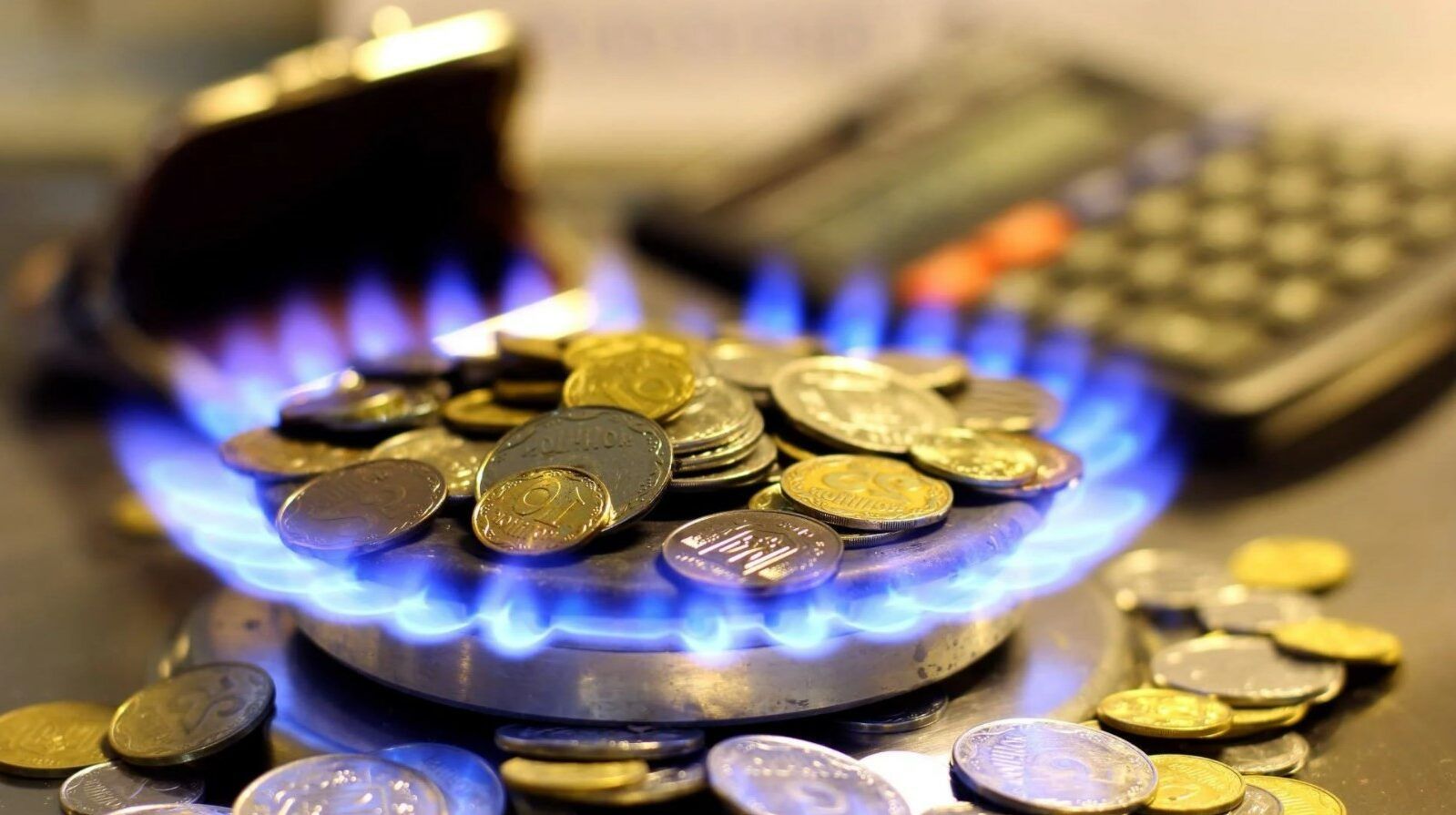
- Water:
- The cost of water in Europe varies but averages around 2-4 euros per cubic meter. Water in Northern and Western European countries tends to be more expensive than in Eastern Europe (Ember).
- Internet:
- The average cost of internet across Europe is around 30-50 euros per month depending on speed and provider. In some countries, such as Lithuania and Romania, internet prices may be lower due to high competition in the market.
- Heating:
- In countries with cold climates, such as Finland and Sweden, heating costs can be significant, especially during the winter months. Average heating costs can be up to 100-200 euros per month, depending on the type of heating system and insulation of the dwelling.
In general, utility costs in Europe are increasing by 1-3% annually due to inflation, rising energy prices and the need to modernize infrastructure (European Commission). Planning a budget for utilities is important for comfortable living in any European country.
Cost by country
UK
In the UK, utilities include electricity, gas, water and garbage collection. The average cost of utilities for an 85 m2 apartment is around €150-200 per month. Internet costs about 35-45 euros per month. Electricity and gas prices vary by region and supplier, but average around €0.47 per kWh (European Commission) (World Population Review).
Germany
In Germany, utility costs include electricity, heating, water and garbage collection. The average cost of utilities for an apartment of similar size is about 200-250 euros per month. Electricity costs about €0.52-0.56 per kWh, making it one of the most expensive in Europe. Internet costs about 30-40 euros per month (European Commission) (World Population Review).
Austria
In Austria, the average utility costs for an 85 m2 apartment are about 180-220 EUR per month. Electricity costs about 0.46-0.50 euros per kWh. Internet costs about 30-35 euros per month (European Commission) (World Population Review).
Spain
In Spain, utilities include electricity, water, gas and garbage collection. The average cost of utilities for an apartment of similar size is about 120-150 euros per month. Electricity costs about 0.37 euros per kWh. Internet costs about €30-40 per month (European Commission) (World Population Review).
Portugal
In Portugal, the average utility costs for an 85 m2 apartment are about 100-140 euros per month. Electricity costs about 0.27-0.29 euros per kWh. Internet costs about 25-35 euros per month (European Commission) (World Population Review).
Greece
In Greece, the average utility costs for an apartment of similar size are around 100-130 euros per month. Electricity costs about 0.20-0.27 euros per kWh. Internet costs about 25-30 euros per month (European Commission) (World Population Review).
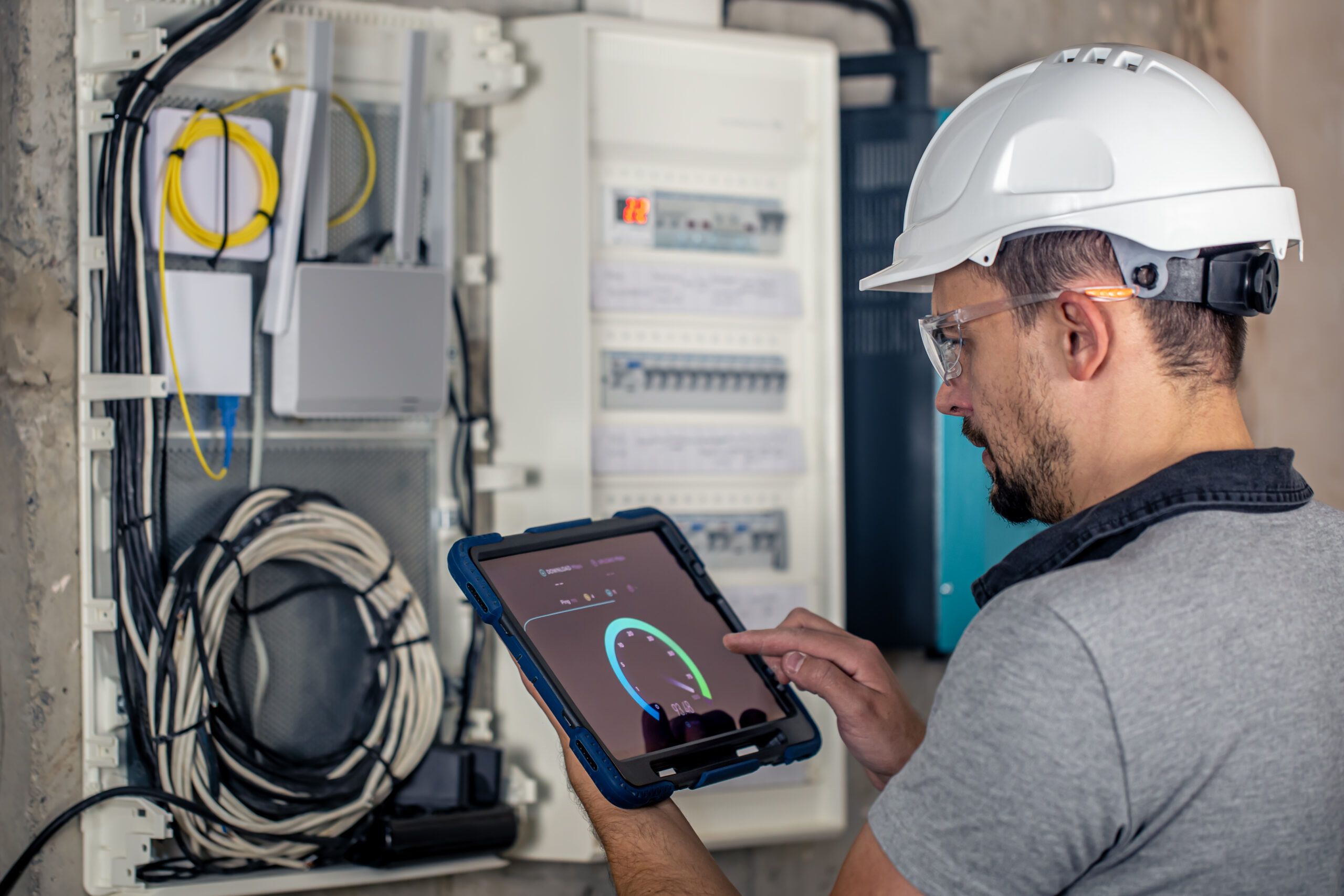
Comparison of Utilities in Europe and CIS Countries
In the CIS countries, the cost of utilities is traditionally lower compared to most European countries. For example, in Russia and Ukraine, the average cost of utilities for an 85 m2 apartment is about 50-100 EUR per month, including electricity, water, gas and heating. The cost of electricity in CIS countries is about 0.05-0.10 euros per kWh, which is significantly lower than European prices.
Lower costs in the CIS countries are due to lower energy tariffs and government support for housing and communal services. However, the quality of services and reliability of infrastructure may be inferior to European standards, which should also be taken into account when comparing these regions.
Thus, the choice of residence in Europe or CIS countries depends on individual preferences, budget and requirements to the quality of public services.







